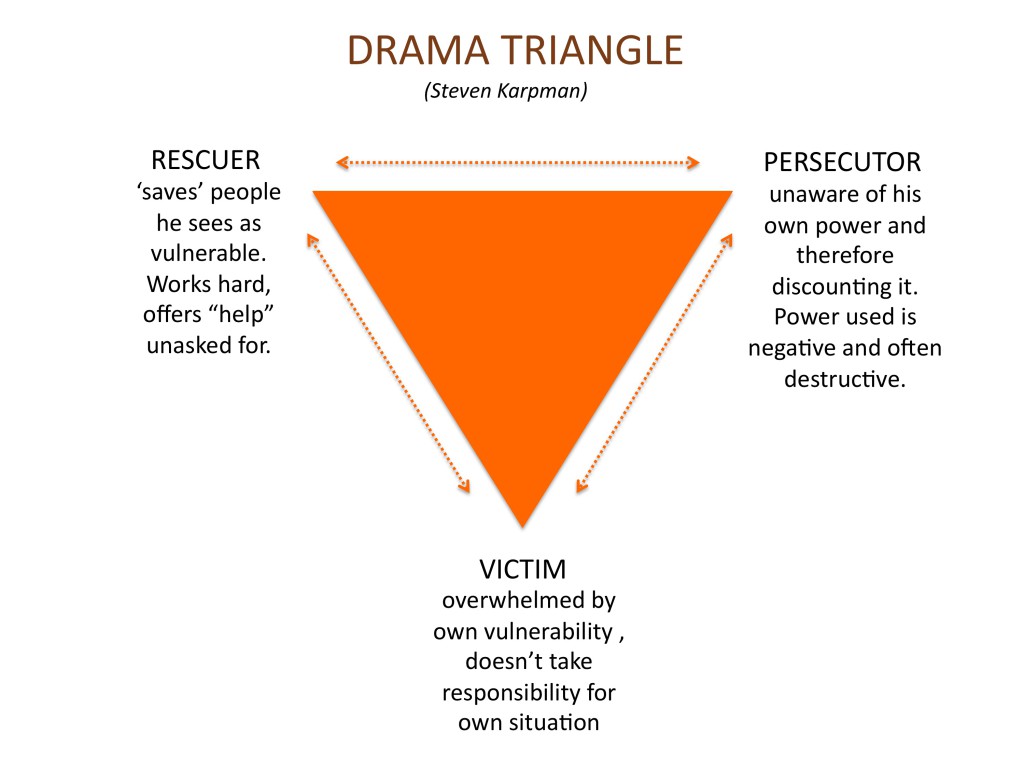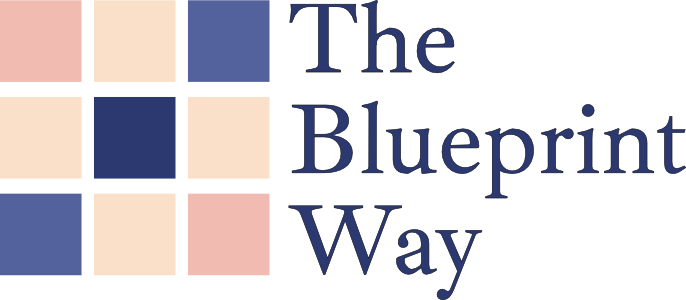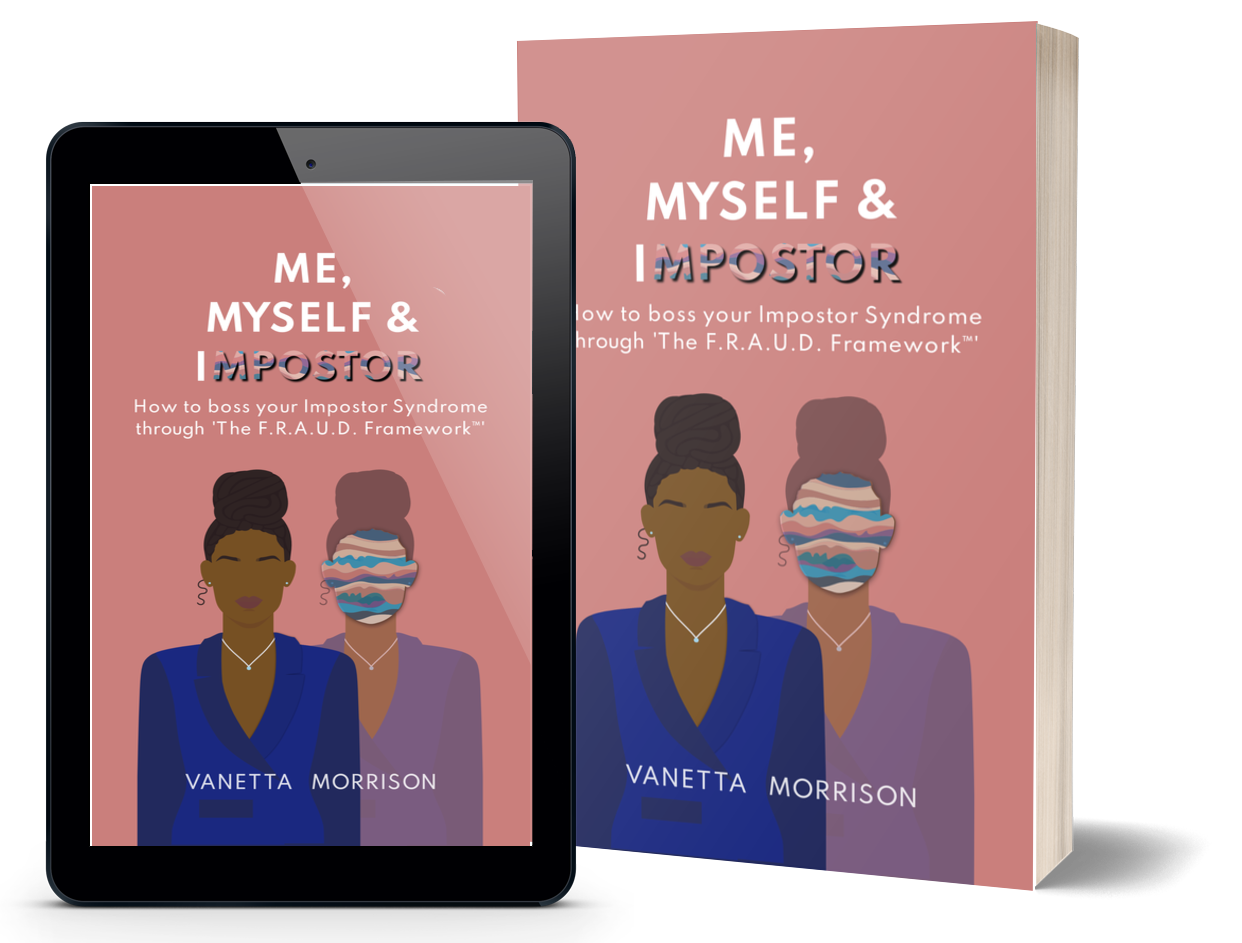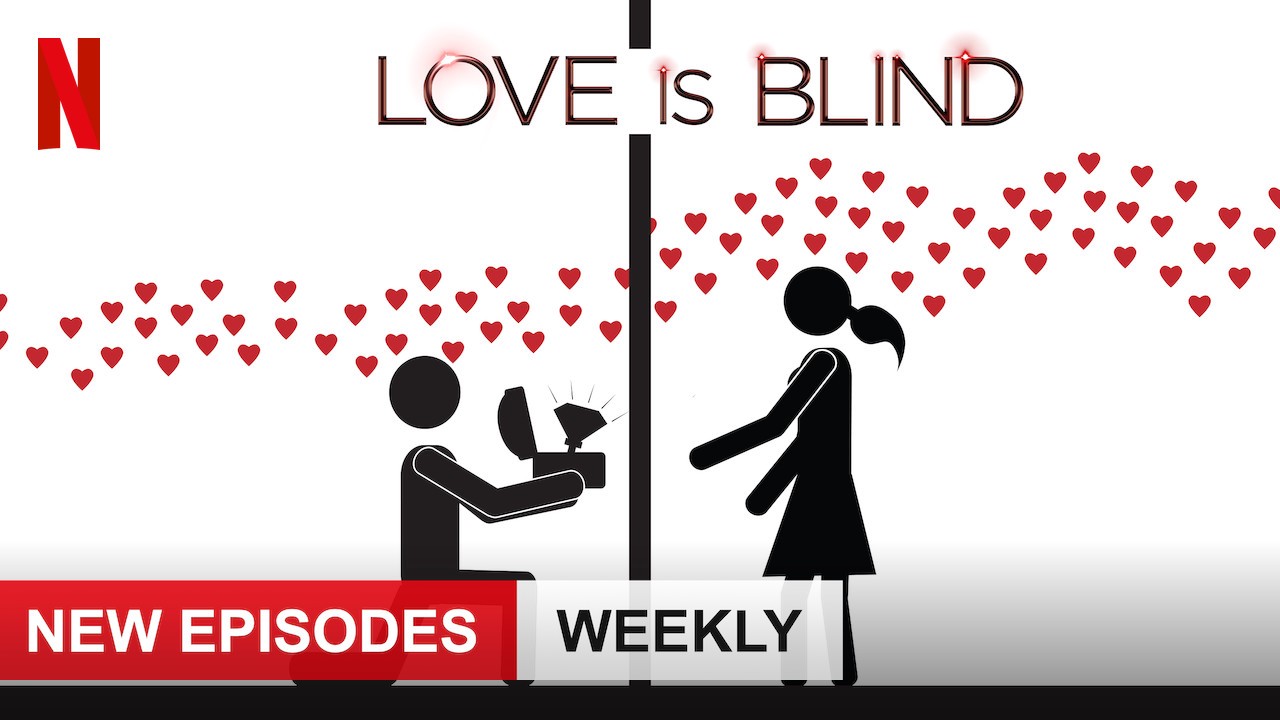#LIB and the need for coaching and counselling
If you haven’t watched ‘Love is Blind’, the newest Netflix created series everyone is currently talking about – stay with me. For those who have, you might understand and join in my frustrations at the emotional roller coaster (and good entertainment) this has presented 3 weeks in a row.
As a counsellor and coach with a special focus on identity and relationship revelation/restoration ‘Love is Blind’ has proven to be the perfect open case study of why coaching and counselling are such a necessary addition to life – to help people know themselves better, as well as navigate relationships in a healthy way.
Disclaimer
Of course, ‘Love is Blind’ is extreme and dramatically produced – most relationships don’t go that way, but I still believe there is a lot we can learn from the characters we see. I say characters, because most of us don’t know the people involved personally and we don’t know the whole story – we are just privy to the plot line the producers chose to share with us. So in my reference to individuals, I’m referring to the obvious characteristics we have been shown from them in the series. I’m not trying to reach for anyone personally, okay?
With that said, let’s get into it:
Lesson 1: Know yourself – for real
Although the whole premise of Love is Blind is very extreme, it does allude to the importance of being able to communicate who you are. And that isn’t possible if you don’t know yourself well. Can you answer the questions:
- Who am I?
- What are my values, my dreams, my needs?
- What are my strengths and weaknesses?
- What do I really want?
- What do I really not want?
- What are my negotiables and non-negotiables?
It’s okay if you can’t communicate that to someone yet – many of us can’t coherently. However, the less you know who you are and what you want, the more confusion is brought into a potential relationship, because you are both trying to build something concrete with a vague idea of yourselves, let alone of each other.
We hear so much about having an elevator pitch or whatever for when we go to business networking events, but what is your personal elevator pitch? Who are you outside of what you do in your work? What do others know you for?
Based on how they communicated, I thought from the beginning that Mark, Cameron, Lauren, Kenny and Kelly knew who they were for real. They didn’t show any doubts about themselves or the decisions they were making because they knew who they were. Obviously that changed for some of them, and I think that is based on them not being honest with themselves about their negotiables and non-negotiables. If you know you really only ever want a blond-haired or same aged/older partner, then be confident with it. Yes, ‘Love Is Blind’ didn’t really give people a lot of time to decide whether they would be willing to change their preferences for a ‘special’ person, or not, but they seemingly all have a relationship history that should serve as a lesson to them.
Invest in knowing yourself for real before you try and build something lasting with someone else. If you don’t know where to start with it, contact me to discuss coaching opportunities.
Lesson 2: Love yourself – flaws and all
It’s not just about knowing yourself, it’s also about loving you for you, flaws and all. To start loving yourself, you need to honestly reflect on:
- What are my wounds?
- What am I ashamed of?
- What is the baggage I am carrying?
- How can I work through it all to come to a place of self-acceptance and love? (Counselling can help you with this)
One of the most infuriating plot developments for me to watch on ‘Love is Blind’, was the story of Carlton and Diamond. Carlton seemed clearly in love with Diamond and Diamond with Carlton.
However, Carlton chose to not disclose his bisexuality to Diamond for fear of being rejected by her, until they were already engaged and on their ‘engagement moon’. What then transpired was a classic example of what psychologists call ‘Karpman’s Drama Triangle’:

Image source: Rosalie Puiman
So, Carlton, having unfortunately had past experiences of being victimised or rejected for his sexuality, is obviously trying to protect himself going into the experiment. The problem is that it means he is not fully accepting or presenting himself, because he is hiding such a big part of who he was/is. He is keeping himself in the position of Victim, expecting Diamond to react like a Persecutor and abuse and reject him as soon as he tells her the truth.
Upon Carlton coming out to Diamond, she automatically goes into ‘Rescuer’ mode because she can see he is upset and she doesn’t want him to be. But she also snaps out of it into Adult mode (the healthy way to exit the drama) by recognising she has some thinking to do for herself, before she can come back to him with an honest answer.
The next day, Diamond has taken some time to reflect and as far as we can tell just wants to have more of a clarifying conversation with Carlton about everything.
However, Carlton is already committed to the narrative that Diamond will reject him and so he transitions from ‘Victim’ mode into ‘Persecutor’ mode himself and projects the rejection and abuse he has previously experienced and is therefore expecting from her, on to her.
Now Diamond is suddenly pressured to transition from being the healthy Adult who wants a reasonable conversation to go and fit into both the ‘Persecutor’ and the ‘Victim’ box, by being made to feel bad for the fact she has questions and can’t immediately embrace and still accept Carlton as her fiancé. Despite her trying to go back into healthy adult conversation, Carlton holds on to his positions as ‘Victim’ and ‘Persecutor’.
Things ultimately escalate to the point Diamond leaves because she doesn’t want to be part of the drama anymore, but not without Carlton upsetting her to the point she plays out the ‘Persecutor’ (or ‘angry Black woman’) role, before she leaves. So, Carlton gets to feel justified for being ‘proactively’ defensive because he ‘knew’ Diamond would act this way all along, not realising he created and maintained this drama triangle in the first place by seeing himself as a Victim, needing to hide who he is. Exhausting right?
The moral of the story
So many of us can get caught up in similar drama triangles because we let our insecurities project on to others what they are not, for the sake of justifying our insecurities.
Be true to you. Own your past and present. If you are still at the point of being ashamed of sharing parts of yourself, find a counsellor and work through it.
Don’t get comfortable in the Victim seat expecting everyone to approach you as a Persecutor or bully. Or else you will end up ruining something that could have been great.
If someone doesn’t like you, keep it moving. Rejection is a natural part of life – the right person/people will accept and celebrate you, no matter who you are.
But you can never find the right fit, if you’ve not made peace with yourself and you’re not honest with others.
For Part 2 of this post, read here.
Coverart copyright of Netflix


